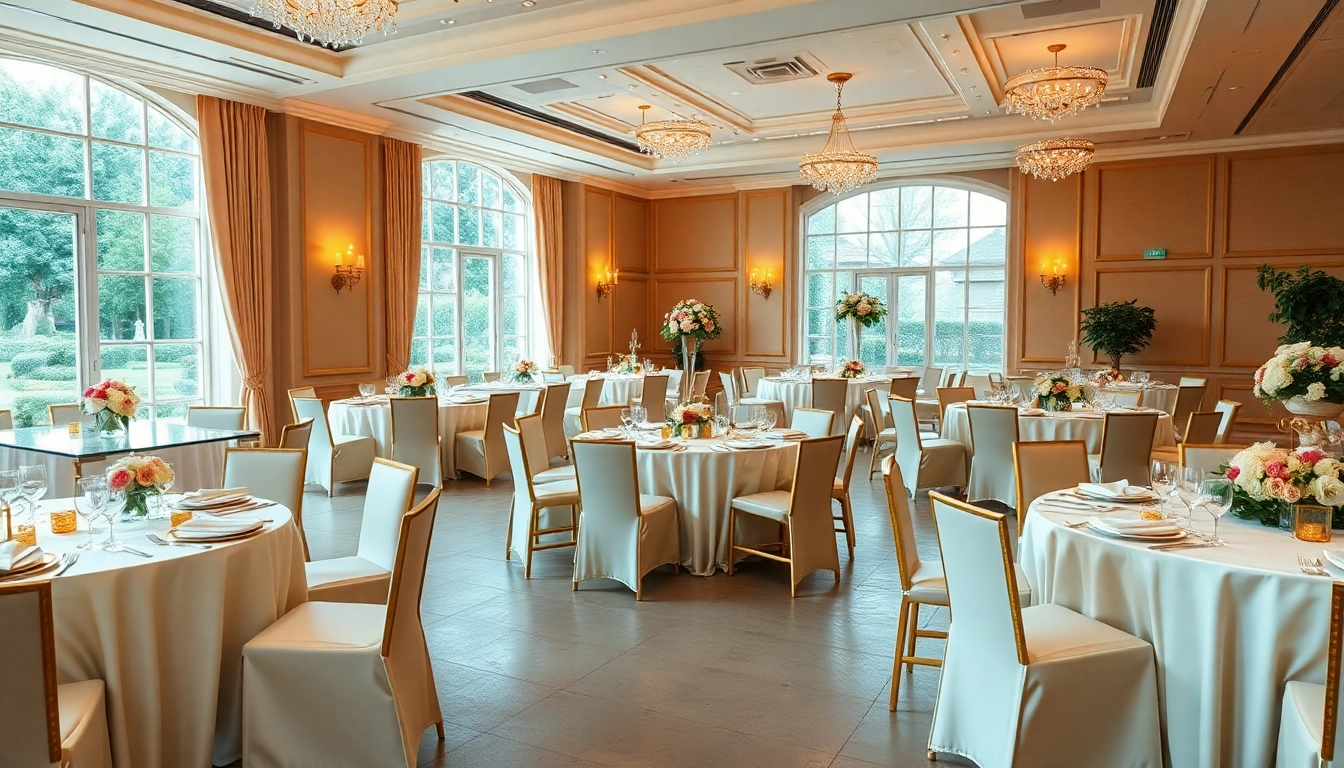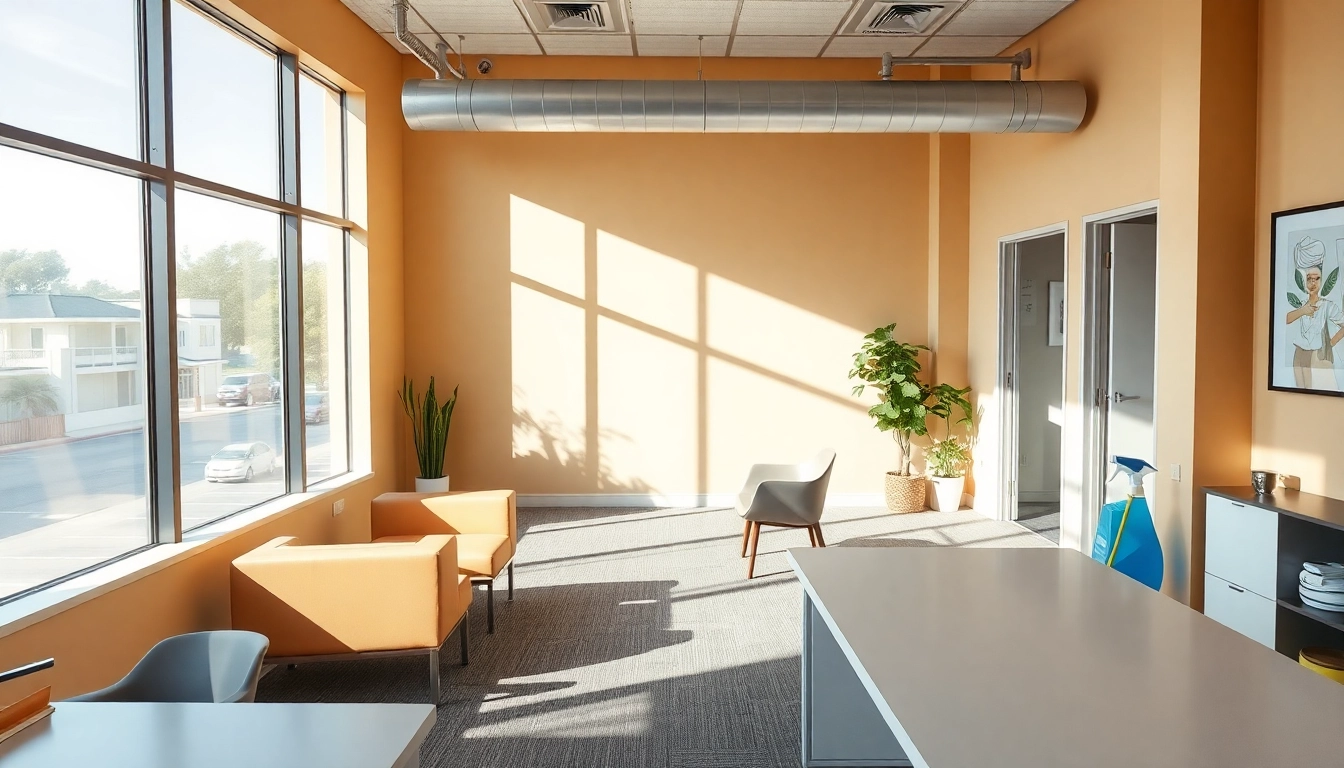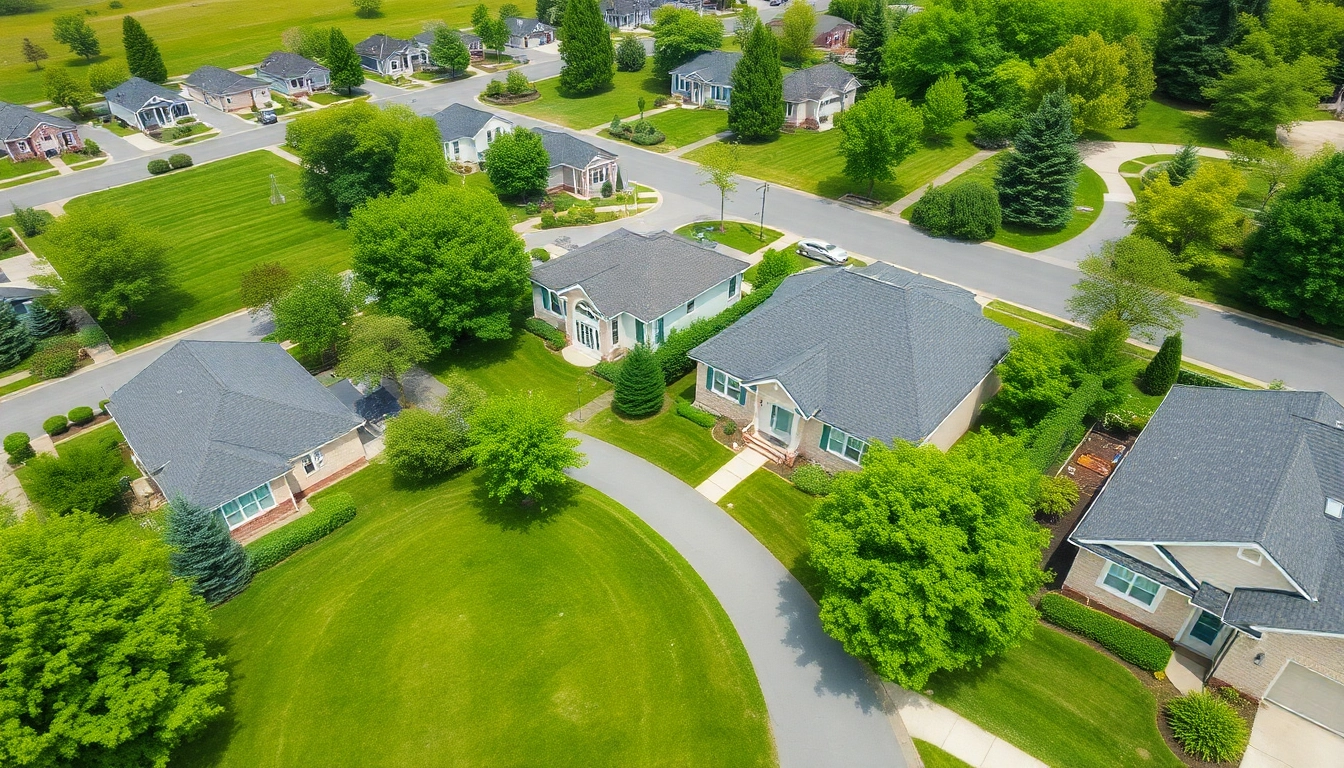Understanding Different Types of Event Space
Choosing the right event space can significantly impact the success of your gathering, be it a corporate event, wedding, or social celebration. Understanding the different types of event spaces available is crucial for planners and hosts. Each category comes with its unique characteristics and advantages, enabling you to select the most suitable setting for your needs.
Indoor vs. Outdoor Event Space
Indoor event spaces have traditionally been the go-to choice for many planners, offering climate control and a host of amenities that promote comfort and convenience. They are ideal for events requiring controlled environments such as seminars, receptions, or performances, where sound quality and logistics are essential.
On the other hand, outdoor event spaces have gained immense popularity, providing a refreshing alternative that integrates nature into the experience. Outdoor venues can be parks, gardens, beaches, or rooftop terraces, often embodying a more casual atmosphere. However, they come with their challenges, including weather unpredictability, which necessitates contingency plans like tents or indoor options nearby.
Unique Event Space Options
In the modern event planning landscape, unique venues such as art galleries, warehouses, museums, and historic buildings have become increasingly sought after. These spaces often offer a distinctive backdrop that adds character and charm, enhancing the overall theme of the event. A vintage warehouse, for instance, might provide a rustic aesthetic perfect for a chic wedding or corporate retreat.
The appeal of unique venues also lies in their potential to create memorable experiences. Events hosted in unconventional places like an aquarium or botanical garden can leave a lasting impression on guests, making them more likely to remember and talk about the occasion long after it concludes.
Traditional vs. Modern Event Space
Event spaces are often categorized as traditional or modern, each reflecting a distinct style and atmosphere. Traditional venues typically include banquet halls, conference centers, or hotel ballrooms, characterized by elegance and formal amenities conducive to classic celebrations and professional gatherings.
Conversely, modern event spaces tend to focus on minimalist design, innovative layouts, and advanced technology integrations. These venues often feature flexible seating arrangements and state-of-the-art AV equipment, catering effectively to dynamic and interactive events, such as tech conferences or product launches. The choice between traditional and modern must align with the event objectives, guest profiles, and desired atmosphere.
Factors to Consider When Selecting an Event Space
When choosing an event space, several critical factors must be taken into account to ensure it meets the requirements and expectations of your event. Each factor contributes to the overall effectiveness and enjoyment of the gathering.
Location and Accessibility of Event Space
The location of an event space can significantly influence attendance and guest satisfaction. Accessibility is paramount; consider venues that are easily reachable via public transport, have ample parking facilities, or are situated in areas familiar to your guests.
Before finalizing your choice, assess the surrounding neighborhood for accommodations and restaurants that could accommodate out-of-town guests and enhance their experience. A well-located venue can also attract more attendees by making it more convenient for potential participants.
Size and Capacity of Event Space
Understanding the size and capacity of your selected venue is crucial in planning an effective event. Choose a space that can comfortably accommodate your expected guest list, ensuring there’s enough room for movement, mingling, and activities. A venue that is too cramped can negatively impact the atmosphere and the overall guest experience.
Also, consider potential future growth in attendance, especially for annual events. Opting for a slightly larger venue can provide the flexibility needed as your event evolves.
Amenities Offered by Event Space
Prior to selecting an event space, it’s essential to review the amenities included in the venue rental. High-quality audiovisual technology, Wi-Fi connectivity, catering services, kitchen access, and furniture availability can save you time and money when organizing your event.
Check if the venue provides in-house event coordination services, which can simplify planning and ensure smooth execution on event day. Additionally, verify if the space allows external vendors, giving you the flexibility to select your preferred suppliers.
Creating the Right Atmosphere in Your Chosen Event Space
After determining the right event space, focused efforts to craft the appropriate atmosphere are necessary. The environment directly influences guests’ moods, engagement levels, and overall satisfaction.
Decor and Setup for Event Space
The decor you select plays a vital role in setting the tone of your event. Gather inspiration from the event’s theme to inform your choices in color schemes, table arrangements, and decorative elements. For instance, a formal gala may require elegant table settings with centerpieces and soft linens, while a casual gathering could benefit from colorful, playful decorations.
Consider how furniture layout affects guest interactions. For networking events, ensure ample space for mingling, while banquet-style setups may foster more intimate dining experiences. Always be mindful of flow and accessibility to encourage natural movement throughout the venue.
Lighting Considerations for Event Space
Lighting can substantially impact the mood of an event. Depending on the theme and time of day, choose appropriate lighting that enhances the aesthetic while catering to practical needs. Soft, warm lighting can create an intimate atmosphere for dinners, while bright lights may be essential for conferences or exhibitions.
Consider using mood lighting techniques, such as uplighting or colored spotlights, which can dramatically transform the space. Additionally, ensure that essential areas—like exits and serving stations—are adequately lit for safety and convenience.
Audio-Visual Needs in Event Space
Every event has unique audio-visual needs, whether it’s for speeches, presentations, or background music. Before booking your event space, assess its audio-visual capabilities, including sound systems, projection equipment, and wireless microphone access.
Having reliable audio-visual tools is central to any successful event, especially for larger gatherings where sound quality can make or break the experience. Coordinate with technical staff in advance to ensure all equipment functions properly and that contingencies exist in case of failure.
Budgeting for Your Event Space
Budgeting is an essential aspect of planning any event, and the event space typically takes up a considerable portion of that budget. Understanding the costs involved and anticipating hidden expenses can help avoid financial pitfalls.
Cost Breakdown for Event Space Rental
When planning your event budget, start by dissecting the cost of the event space rental itself. This often involves a base fee and additional charges for services such as catering, security, or equipment rentals. Be sure to consult the venue’s rental agreement to ascertain what is included in your fee.
It’s also wise to account for deposits, which are typically required to secure the booking, as well as final payment deadlines to avoid losing your reservation. Understanding these timelines helps manage cash flow throughout the planning process.
Hidden Fees Related to Event Space
Hidden fees can quickly inflate your event budget, so vigilance is key. Common areas where charges arise include cleaning fees, overtime charges for exceeding venue hours, and additional costs for using specific amenities such as kitchen access or special lighting setups.
Always inquire about these potential fees during the venue selection process and read contracts thoroughly. Your goal should be to have a clear understanding of total anticipated costs before signing any agreements.
Negotiating Rates for Event Space
Never underestimate your ability to negotiate rental rates when considering an event space. Many venues are willing to adjust pricing, especially during off-peak seasons or for weekday events. Do research to identify standard rates in your area and use this data to support your negotiations.
Additionally, ask about package deals that might include bundled services, which can often save you money overall. The more detailed you can be about your requirements and budget constraints, the more leverage you’ll have in negotiations.
Planning and Executing Events in Your Event Space
Once you’ve settled on an event space, careful planning and execution are crucial for transforming your vision into reality. A well-structured approach helps ensure a smooth event flow and enhances guest satisfaction.
Event Timeline for Preparation in Event Space
Creating a detailed timeline for your event preparation is essential. Include key tasks and milestones leading up to the event day, such as vendor confirmation, site visits, and rehearsal schedules. By establishing a timeline, you help ensure that nothing is overlooked during the hectic weeks preceding the event.
Incorporate checkpoints for each week leading up to the event and establish a final checklist as event day approaches. Effective time management helps alleviate stress and paves the way for a successful execution.
Coordinating Vendors Within Event Space
Vendor coordination is crucial for a successful event. Whether catering, decor, or audiovisual teams, communication is the key to ensuring that each vendor is aligned with the event’s timeline and requirements. Schedule meetings and follow-up communications to confirm that everyone knows their responsibilities and timelines.
Employing an event coordinator can help streamline this process, providing oversight and assistance in managing vendor relationships and timelines.
Maximizing Guest Experience in Event Space
Ultimately, the goal of your event should be to create an unforgettable experience for your guests. Consider their comfort, accessibility, and engagement levels throughout the planning process. Provide resources such as signage that directs guests to various spaces, and take advantage of technology, such as event apps or social media integration, to engage attendees before, during, and after the event.
Solicit feedback after the event to learn what worked well and what could be improved. This information is invaluable, especially if you’re planning recurring events, enabling continuous improvement in your execution and guest satisfaction moving forward.



